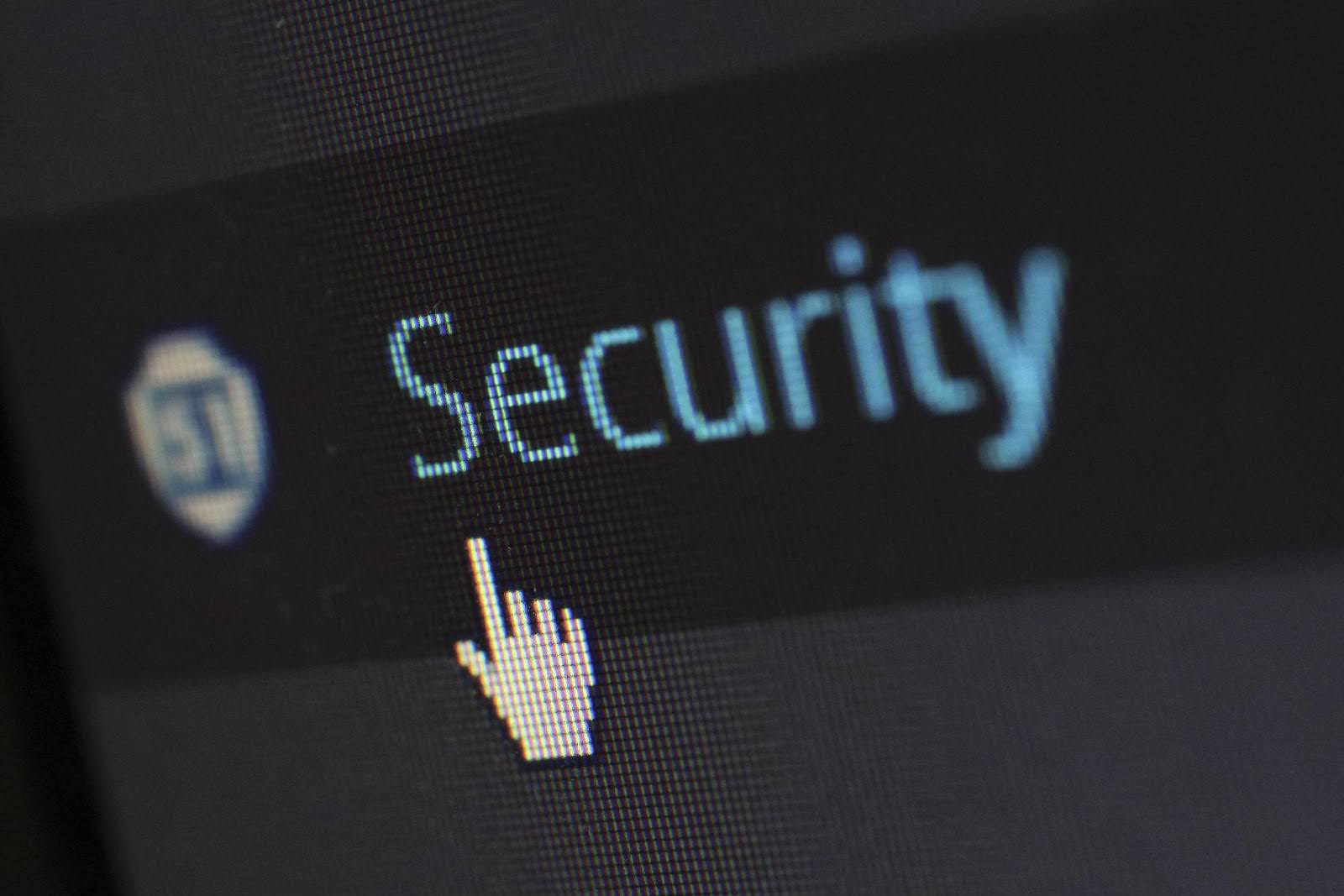With the increasing number of digital platforms, the importance of robust online casino security measures has increased significantly. Unfortunately, this surge in digital gaming options comes with increased scams and fraudulent activities, posing a severe challenge to the integrity of online casinos.
The rise in online scams has had a palpable impact on consumer confidence. Now more than ever, players are seeking assurances that their personal and financial information is protected against the growing threat of cyberattacks. The climate of uncertainty has made it increasingly difficult for online casinos to cultivate and maintain player trust, which is the cornerstone of their business model.
The erosion of trust affects player engagement and has broader implications for the reputation and sustainability of online gaming platforms.
In response to this evolving threat landscape, there is an urgent need for online casinos to reinforce their security measures. This goes beyond mere compliance with regulatory standards; it’s about actively building a secure environment that reassures players and restores the trust shaken by the rise in online fraud.
Table of Contents
Encryption and Secure Payment Gateways
The deployment of advanced encryption technologies is at the heart of protecting online casinos. By converting personal and financial information into encrypted formats, encryption technology ensures that data transfers between the player and the casino remain secure, shielding them from the prying eyes of cybercriminals.
The technology is not just a protective layer; it’s a critical trust factor for players who demand assurance that their interactions with the casino are confidential and secure.
Parallelly, securing payment gateways is equally crucial. Integrating reliable and secure payment methods protects financial transactions and fortifies the platform’s security against cyber threats.
Evolving Security Measures
The digital domain of online gaming is inherently dynamic, necessitating constant vigilance against emerging cyber threats.
Online casinos, particularly in states like California, New York, and New Jersey, increasingly recognize the importance of regular security audits. These audits are crucial for pinpointing weaknesses and fortifying defenses against an ever-changing array of cyber risks.
In addition to these proactive measures, adherence to rigorous standards set by regulatory bodies is paramount. This adherence ensures a consistent and high level of protection across the board, fostering a safe and secure gambling environment.
Regulatory authorities, such as those in Nevada, Illinois, and Pennsylvania, oversee compliance with these standards. They actively monitor online gaming platforms and enforce strict penalties for any lapses in cybersecurity measures.
Such regulatory oversight is vital in maintaining high-security standards across the industry. Following significant cybersecurity incidents, states like Michigan have become exemplary in implementing stringent security protocols.
Cybersecurity
Cybersecurity has become a critical focus for online casinos, especially after the significant data breach in Michigan. The incident has prompted Michigan online casinos to adopt advanced cybersecurity measures, emphasizing the evolving nature of digital threats in the gaming industry. The array of cyber threats, from intricate hacking tactics to the surge in phishing and malware, continues to pose a significant risk to the security of player data.
The repercussions of such vulnerabilities are extensive, impacting not only the confidentiality of data but also the operational integrity and public perception of online casinos. In an age where a company’s digital presence is integral to its brand image, cybersecurity is not merely a technical necessity but a fundamental aspect of maintaining consumer trust and loyalty.
Attorney General Dana Nessel has urged users to remain vigilant with their financial activities and to report any illegal or suspicious gambling activities to the Michigan Gaming Control Board. The initiative highlights the importance of user awareness in conjunction with robust cybersecurity practices.
The role of cybersecurity in online gaming goes beyond simple risk management; it is an essential factor in fostering ongoing player engagement and trust. Data protection is paramount in an environment where personal and financial information is constantly exchanged.
Players’ trust in an online casino’s capability to protect their information significantly affects their willingness to participate and transact on the platform. Following Michigan’s example, other states strengthen cybersecurity in their online gaming sectors, recognizing its vital role in safeguarding the industry.
Balancing Security with User Experience
One of the overarching challenges in online casino cybersecurity is achieving a balance between robust security measures and a seamless user experience. Overly stringent protocols can deter usability, while lenient measures can expose vulnerabilities.
The rapidly evolving nature of cyber threats further complicates this balance, requiring casinos to be agile and responsive in adapting their security strategies.
Global Challenges and Player Education
As online casinos cater to international players, navigating different data protection laws and regulations across countries adds a layer of complexity to maintaining consistent security measures. Moreover, educating players about safe gaming practices is integral to a holistic cybersecurity approach.
Casinos are responsible for providing resources and guidelines on protecting personal information and recognizing potential scams or threats.
The Future of Casino Cybersecurity: AI and Blockchain
Integrating Artificial Intelligence (AI) in cybersecurity presents promising prospects for online casinos. AI can be utilized for real-time threat detection, predictive analysis, and automated responses to security incidents.
Additionally, blockchain technology, with its decentralized data management and immutable transaction records, could significantly bolster cybersecurity measures and trust in digital transactions.
Best Practices for Robust Cybersecurity
In response to the heightened risk of fraud and cyberattacks, online casinos must implement best practices to protect players and operators.
Key practices for online casino security include:
Encryption Technology
Advanced encryption methods protect sensitive data transmitted between players and online casinos. It ensures that personal and financial information remains secure from unauthorized access.
Two-Factor Authentication (2FA)
Implementing 2FA adds a layer of security, making it more challenging for unauthorized individuals to access player accounts. It typically involves a combination of something the user knows (like a password) and something the user has (like a mobile device).
Regular Security Audits
Conducting thorough and frequent security audits helps identify and rectify vulnerabilities. Reputable cybersecurity firms should conduct these audits to evaluate and mitigate potential risks comprehensively.
FAQs: Casino Security and Online Gambling
Why is casino security important?
Casino security plays a crucial role in protecting the casino itself, its patrons, and the integrity of the games. Here’s why it’s important:
- Prevents theft and fraud: Large amounts of cash flow through casinos, making them tempting targets. Security deters theft, robbery, and financial scams.
- Maintains a safe environment: Security personnel ensure a safe and enjoyable experience for everyone by preventing violence, disorderly conduct, and underage gambling.
- Protects against cheating: Security measures help to detect and prevent cheating by gamblers or employees, ensuring fair play for all.
- Maintains regulatory compliance: Casinos operate under strict regulations. Security helps ensure the casino adheres to these rules and avoids legal issues.
What is the security of online casinos?
Online casino security focuses on protecting player data, financial transactions, and the fairness of the games. Reputable online casinos utilize:
- Encryption technology: Encrypts data transmissions to safeguard sensitive information like player details and financial transactions.
- Random Number Generators (RNGs): Ensure the games are random and fair, preventing manipulation by the casino or players.
- Firewall protection: Protects the casino’s servers from cyberattacks and unauthorized access.
- Regular security audits: Independent audits assess the casino’s security measures and identify areas for improvement.
What is the most trusted online casino?
There’s no single “most trusted” online casino, as trust depends on individual preferences and regulations in your area. However, you can identify trustworthy casinos by looking for:
- Licensing and regulation: Ensure the casino operates under a reputable gambling commission license.
- Positive player reviews: Research online reviews from independent sources to get a sense of player experiences.
- Security measures: Check the casino’s website for information on their security protocols and data protection practices.
What is the purpose of online casinos?
Online casinos offer a convenient and entertaining way to gamble from the comfort of your home. They provide a variety of casino games, from slots and roulette to blackjack and poker.
Do casinos have good security?
Reputable casinos invest heavily in security personnel, surveillance technology, and robust security protocols. However, it’s always wise to be cautious when gambling online.
What are the risks of online gambling?
While secure online casinos exist, there are risks involved:
- Addiction: Gambling can be addictive, and online casinos are readily accessible.
- Unlicensed casinos: Avoid casinos operating without proper licensing, as they might be unfair or fraudulent.
- Payment security: Be wary of providing financial information to untrustworthy online casinos.
What are the responsibilities of the security team at a casino?
Casino security teams have a wide range of responsibilities, including:
- Monitoring casino floor activity: Surveilling for suspicious behavior, theft, or cheating.
- Responding to incidents: Handling disturbances, altercations, and medical emergencies.
- Enforcing casino rules: Ensuring patrons comply with age restrictions, gambling regulations, and dress codes.
- Investigating suspicious activity: Looking into potential cheating attempts or fraudulent behavior.
- Cooperating with law enforcement: Working with authorities in case of criminal activity.
How do casinos manage risk?
Casinos employ various risk management strategies:
- Setting betting limits: Limits help prevent excessive gambling and financial losses for patrons.
- Know Your Customer (KYC) practices: Verifying player identities to prevent money laundering or underage gambling.
- Employee training: Training staff to identify suspicious behavior and handle security situations effectively.
- Data security measures: Implementing safeguards to protect player data and financial transactions.
What does security & surveillance do in casino operations? Why are they both important?
Security and surveillance work hand-in-hand to maintain a safe and secure environment for everyone.
- Security: Provides a physical presence to deter crime and respond to incidents.
- Surveillance: Uses cameras and other technology to monitor activity throughout the casino, deterring cheating and aiding security investigations.
Both are crucial for a well-run casino, promoting fair play, preventing crime, and ensuring a positive experience for staff and patrons.
Final Words
The fabric of online casino security is complex and multi-dimensional, requiring a proactive and comprehensive approach.
Integrating advanced technologies, adherence to regulatory standards, and ongoing innovation are pivotal to fostering a secure and trustworthy digital gaming environment.
As the industry continues to evolve, so must its commitment to cybersecurity, ensuring that player trust remains firmly anchored.
INTERESTING POSTS
- How Online Gambling Sites Use Technology To Ensure Player Security
- How Safe Are Online Casinos? What Security Protocols Are In Place?
- The Future Of Live Casino Gambling And The Potential For New Technologies
- How Do I Know What New Casinos In New Zealand I Can Trust?
- Do Casinos Need Cyber Security? A Deep Dive into the Risks and Solutions
- Cybersecurity Tips For Gambling
About the Author:
Mikkelsen Holm is an M.Sc. Cybersecurity graduate with over six years of experience in writing cybersecurity news, reviews, and tutorials. He is passionate about helping individuals and organizations protect their digital assets, and is a regular contributor to various cybersecurity publications. He is an advocate for the adoption of best practices in the field of cybersecurity and has a deep understanding of the industry.
Christian Schmitz is a professional journalist and editor at SecureBlitz.com. He has a keen eye for the ever-changing cybersecurity industry and is passionate about spreading awareness of the industry's latest trends. Before joining SecureBlitz, Christian worked as a journalist for a local community newspaper in Nuremberg. Through his years of experience, Christian has developed a sharp eye for detail, an acute understanding of the cybersecurity industry, and an unwavering commitment to delivering accurate and up-to-date information.








